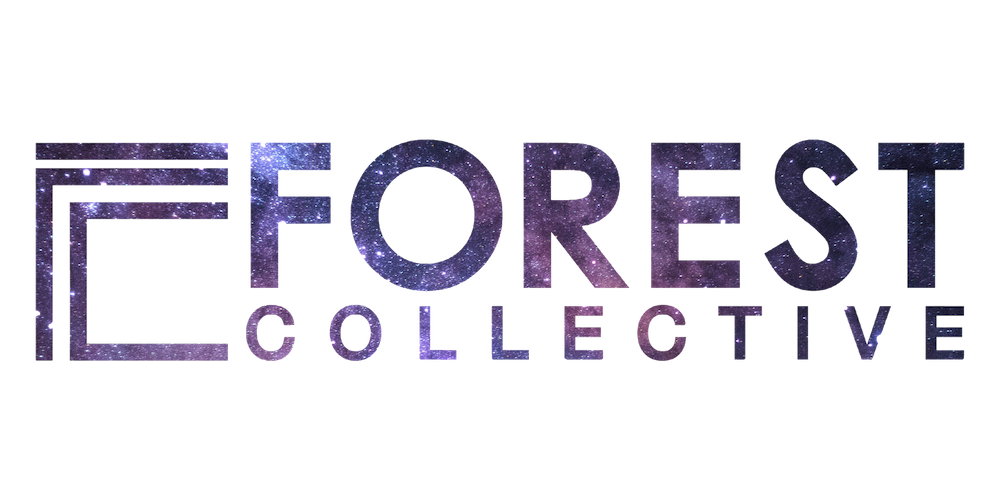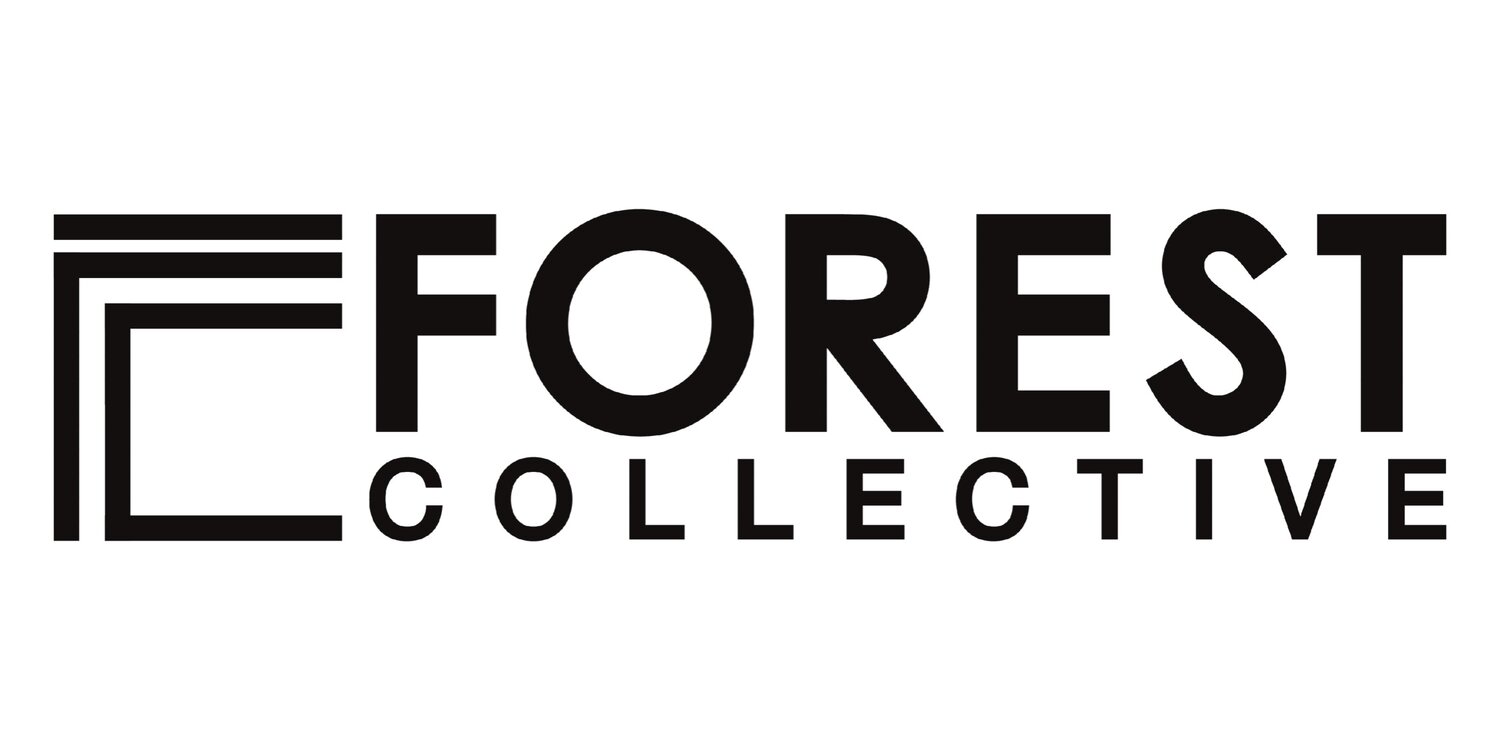Danaë Killian.
Piano.
Image by Daniel Rabin.
-
Just after my third birthday I joined a Saturday morning creative dance class at Mangala Studios in Carlton. I loved to move myself expressively in response to music. Singing captivated me from a young age, too, but I would easily become overwhelmed by the intensity of the experience, which was like being filled with a liquidly blazing golden light that descended from the sky then rose wondrously in my voice like a wave, before it crashed and dissolved into a dishevelled wash of tears. It was a relief, then, to discover the piano at the age of six, with its mirrory silver tones which I could delicately touch, improvising my way among its star-like sounds. I didn't need to cry anymore. The progression from singing to piano playing was like moving from the sun to a dwelling place in the night sky. The sense of star-wandering as I play the piano has never left me.
-
Pierrot Lunaire by Arnold Schoenberg in its various manifestations between 2016 and 2022. The project of performing this seminal modernist work in its entirety has been consistently hindered by practical difficulties (such as two years of Covid restrictions); yet these difficulties have stimulated new creative approaches to Forest's interpretation and presentation of Pierrot. I see Pierrot Lunaire as an ongoing, continually evolving project for us.
-
I like to read the ephemerides as one reads a book or a musical score — watching the planets go by in their unfolding rhythms, listening to the harmonies their aspects create. This brings peace to my heart.
-
The Waves by Virginia Woolf
-
Arnold Schoenberg's Drei Klavierstücke, Op. 11 feel like my home the moment I enter them through their first three melancholically descending tones — then I stretch myself out, look around, and wait for colours, lines, forms, textures to emerge as from a Kandinsky canvas — this expressionistic emergence of patterning and gesture is different every time I play these pieces, while their deep structure remains static — timeless. It's an amazing, lifelong encounter.
Dr Danaë Killian is an Australian pianist whose poetry-infused performances are known for their intense originality and expressive interpretive power. Her repertoire stretches across the complete solo piano music of the Expressionist Second Viennese School, major polyphonic works by JS Bach, and a wealth of Australian compositions. A passionate champion of modern art music, Danaë Killian typically performs some 40 contemporary compositions a year, from both Australia and abroad, around half of which are premieres.
Previously playing throughout Europe, China, the USA, Australia and New Zealand, Danaë Killian has chosen to unfold her practice close to home in Naarm/Melbourne for the foreseeable future while addressing the challenges of chronic illness and concomitant disability. At home, where she is celebrated as “one of [Naarm-]Melbourne’s piano treasures” (ClassikON), Danaë is a core artist with Forest Collective, a transdisciplinary New Music ensemble under the artistic direction of Evan J Lawson. Danaë also frequently performs freelance as both soloist and collaborator, and from 2014 to 2023, Danaë was an Honorary Fellow in the Faculty of Fine Arts and Music at The University of Melbourne. As a State Examiner with the Australian Music Examinations Board, Danaë engages with music education in the wider community.
Danaë Killian earned her PhD from the University of Melbourne in 2010. Her thesis on Virginia Woolf’s The Waves as a contemporary reimagining of the harmony of the spheres received her Faculty’s nomination for the University’s prestigious Chancellor’s Prize. Previously Danaë Killian completed BA(Mus) and MMus degrees at the Victorian College of the Arts, under the visionary pianistic guidance of Dr Michael Kieran Harvey and Dr Donna Coleman respectively. Her secondary education was completed at the Victorian College of the Arts Secondary School while studying piano with the revered Rita Reichman. Danaë’s other main pianistic mentors, particularly for her work on the music of Arnold Schoenberg, include Jean-Jacques Dünki in Switzerland and the late Peter Serkin in the USA.
Danaë Killian has been the recipient of prestigious awards for her academic and musical prowess, including the Fulbright (W G Walker) Postgraduate Scholarship, an Australia Award Endeavour Postodoctoral Research Fellowship, the Helen Macpherson Smith Scholarship, an Australian Postgraduate Award, a Melbourne Abroad Travelling Scholarship, the Keith E. Chapman Scholarship, the Faye Marles Postgraduate Scholarship, the John Gaitskell Memorial Mensa Prize, the Norman Barton Piano Concerto Scholarship, the Gwen Nisbet Prize, the Elsie Dickinson Prize, and grants from the Alexander Stiftung and the Ileen McPherson Trust.
Nearest to Danaë Killian’s artistic heart is the creating of novel relationships between music and poetry in expressionist performance contexts. Her performance research project Transformations and Initiations: Sylvia Plath in Flames, in Performance resulted in three major creative works produced between 2012 and 2015: Sylvia Plath in the Domestic Sublime, The Dove’s Annihilation, and The Flame and the Rose Folded Together, all of which explored relationships between poetic and musical sound-chemistry, biographical and artistic confession, and the structures of potential and actual selves. These themes are continued in My Heart (2017 rev. 2024), a performance work of soul-homelessness and starry yearning, which seeks the lost Berlin of 1911 within the creative hearts of Danaë’s composer-friends in her home city. Danaë Killian’s recorded version of My Heart with Move Records is set for release in early 2025, and a recording of the complete piano solo music of Melbourne-based composer Eve Duncan, with whom Danaë treasures a long association, is also in the making. Belonging to Danaë Killian’s extensive previous discography are the critically acclaimed Arnold Schoenberg: Complete Works for Piano Solo (Move, 2014) and, with Barbara Hornung, Ernest Bloch: Viola and Piano (Move, 2018).
Danaë Killian has been critically lauded for her realisation of music as diverse as Mozart—“a genuine discovery ... a touch-miracle” (Aargauer Zeitung)—and Evan J Lawson’s piano concerto Labyrinth, in which Danaë Killian’s “utterly mesmerising” and “deeply moving performance” in the 2024 Midsumma Festival “chilled the space … effortlessly expos[ing] the heart of the brutal yet pitiable and wronged Minotaur” (Australian Arts Review).
A large part of Danaë Killian’s research identity has been forged through rigorous contemplative engagement with the philosophy of Rudolf Steiner, which Steiner called Anthroposophie (anthroposophy). In a mode that connects existential, idealist, and mystical philosophical streams, Danaë employs Steiner’s anthroposophy creatively as a pathway for phenomenologically investigating musical and poetic processes. Danaë Killian’s essay-booklet For Grasping Schoenberg: An Epistemology of Sense and Meaning in Word, Music, and the Moving of a Pianist’s Arms (Melbourne: Move, 2015) represents a braiding together of Steiner’s and Schoenberg’s thinking (they were contemporary Austrians) with her own, distinctively pianistic line of 21st-century expressionist enquiry. Danaë has also published scholarly and creative research on Virginia Woolf and Sylvia Plath, and presented on Woolf, Plath, Steiner, and Schoenberg (among others) at national and international academic conferences. Residencies at The Arnold Schoenberg Institute, University of Southern California, and at the Poetry Center, Smith College, have allowed Danaë as a creative researcher to engage joyously with original drafts and other tactile materials contained in the archives of Schoenberg, Plath and Woolf. Danaë’s research expertise in these areas has been employed in graduate research supervision and examination and as a peer reviewer for the journals PMLA and Steiner Education Australia.
Currently semi-emergent from a period of extended hospitalisations for anorexia nervosa and complex PTSD, Danaë Killian is searching now for a newly, fierily articulate way of exploring the impact of biographical trauma on her sense of self and capacity for psychical growth, beyond the silencing limits inscribed by captor-perpetrator power. She is searching for a a way to speak that doesn’t name names and thus expose her to danger in the real world—hence her task looks as hopelessly impossible as it is necessary in a #metoo world. Music, of course, offers a way to speak truth without words; but Danaë wants the words, too. So she is using the words of her imaginal exposure therapy sessions recorded by Phoenix Australia in 2020 as seeds for a new concert-length solo piano and spoken word composition-performance. At periphery and centre of Danaë’s struggle for a free and fearless voice is the project of reclaiming, in her art as in life, the feminist and lesbian identity that was assaulted and subdued—‘corrected’—when it emerged in her youth. The nascent work, which as yet has no name, yokes Danaë’s lived experience as rape survivor and psychiatric patient to the vast therapeutic resources as well as risks alive within music and language.


